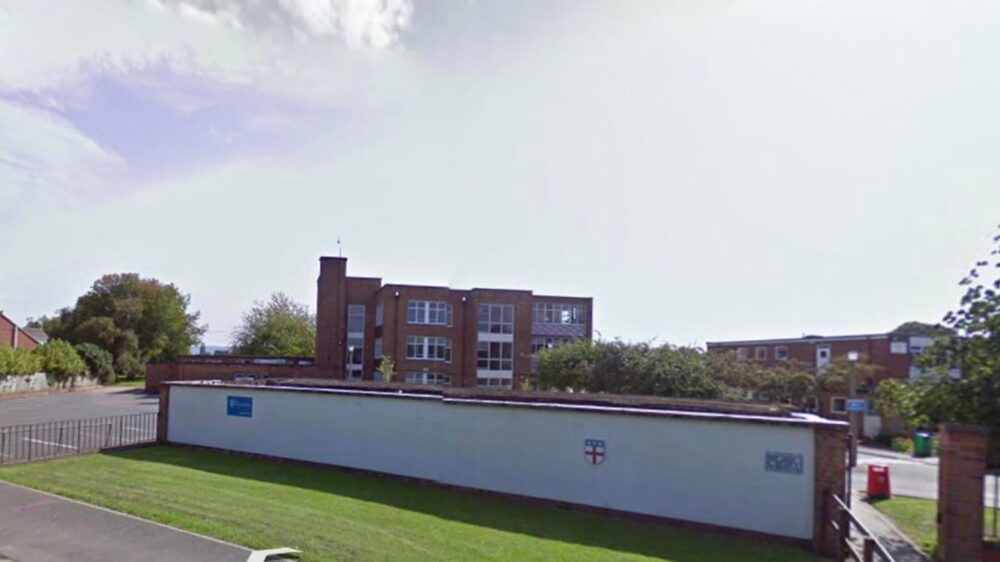A secondary school has announced measures to tackle a rise in poor and aggressive behaviour by pupils “head-on”, saying lost learning during the pandemic had not simply been about the curriculum.
In a letter to parents Thirsk School and Sixth-Form headteacher Emma Lambden said the scale of the mental health impact of Covid-19 was “only just beginning”, which was “manifesting in a variety of ways”.
Changes to the North Yorkshire County Council-run school’s policy outlined in the letter will see children suspended for three days for a first incident of assault, five days suspension and five days in a ‘reset room’ for a second and face expulsion for a third incident.
If a student is found to have filmed an assault at the school they will be given a minimum of a day in the reset room and hand in their mobile phone daily for an indefinite period.
The letter also warns that even bystanders during a fight could also be suspended.
[tptn_list limit=3 daily=1 hour_range=1]
Last year, the then Education Secretary Gavin Williamson said some children had been slow to readjust to the classroom because “the lack of regular structure and discipline will inevitably have had an effect on their behaviour”.
The former North Yorkshire County councillor added: “Out-of-control behaviour will also destroy the wholesome and happy environment that every school should be, leading to bullying, and turning the playground from a place of joy to a jungle.”
Miss Lambden said the school had become aware of “an increase of anti-social behaviour and aggression amongst some young people in the local community”.
She said the school was determined to tackle negative behaviours head on.
Miss Lambden added: “Whilst we cannot police or be responsible for events outside of school, these behaviours are clearly not something we will tolerate within the school itself.”
She told parents it was important to remember the vast majority of students displayed the values of the school and that a combination of consequences for actions alongside good relationships with adults would help students to understand mistakes and start to put them right.
The headteacher added the school was working with several external agencies to look at more coordinated approaches and what other services could be offered to families, saying the school was aware challenging teenage behaviours were not simply isolated to within the school environment.
Mayor of Thirsk Councillor David Jackson said it was unclear if issues with antisocial behaviour in the town had worsened.
He said: “It’s been tough for all age groups, but it’s been even tougher for younger age groups. Two years in their eyes is a long time.
“We have all got to work together. Sowerby parish and Thirsk town councils are well aware of the situation, the schools talk to each other and North Yorkshire Youth has been helpful and is doing outreach work.
“We are working hard to support the emerging youth group, which also needs the support of the community. One of the factors which is holding the youth group back is the lack of volunteers to help.”
Amanda Newbold, the county council’s assistant director for education and skills, said both the Government and the authority supported headteachers in using exclusion as a sanction where it is warranted for both in school and outside of school behaviour.
She added: “However, permanent exclusion should only be used as a last resort, in response to a serious breach or persistent breaches of the school’s behaviour policy; and where allowing the pupil to remain in school would seriously harm the education or welfare of the pupil or others in the school.
“Schools across North Yorkshire are working tirelessly to address the impact of the pandemic from both an academic and pastoral perspective.
“This includes liaising closely with a wide range of external agencies in order to support pupils affected by addressing emerging gaps in learning, re-establishing regular high attendance and accessing a wide range of support for pupils with social, emotional and mental health needs.”
